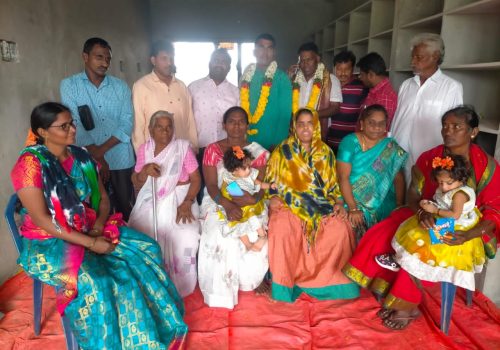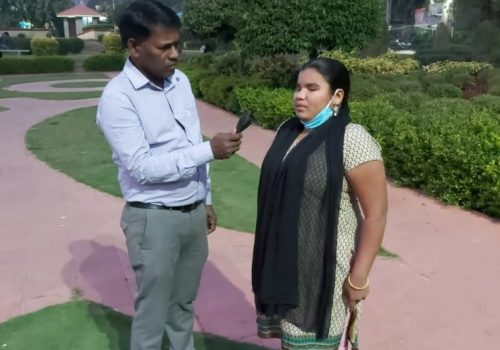Programs for blind people can cover a range of areas to enhance their overall well-being, independence, and inclusion in society. Here are some types of programs that are often conducted to support blind individuals:
Braille Literacy Programs: Offering education in Braille literacy to blind individuals to facilitate reading and writing.
Adaptive Technology Training: Providing training on assistive technologies like screen readers, voice recognition software, and other tools to enhance computer accessibility.
Orientation and Mobility Training: Teaching skills to navigate the environment independently, including the use of canes or guide dogs.
Employment Assistance:
Job Training Programs: Providing vocational training to enhance skills and employability.
Job Placement Services: Assisting in job placement and connecting blind individuals with inclusive employers.
Accessibility Programs:
Accessible Technology Initiatives: Promoting the development and use of technologies that are accessible to blind individuals.
Accessible Public Spaces: Advocating for and implementing accessibility features in public spaces, transportation, and infrastructure.
Audio Descriptions: Incorporating audio descriptions for movies, TV shows, and cultural events to make them accessible.
Adaptive Sports and Recreation: Organizing sports and recreational activities adapted for blind participants.
Advocacy Campaigns: Advocating for the rights of blind individuals and raising awareness about their capabilities and challenges.
Community Outreach: Engaging with communities to dispel stereotypes and promote inclusivity.
Independent Living Skills Training: Providing training in skills necessary for daily living, such as cooking, cleaning, and personal care.
Assistance Programs: Offering support for transportation, grocery shopping, and other daily tasks.
Financial Support: Providing scholarships or grants to blind individuals for pursuing higher education and skill development.
These programs can be organized by government agencies, non-profit organizations, and community groups. They aim to empower blind individuals by addressing specific challenges they may face and fostering an inclusive society.



